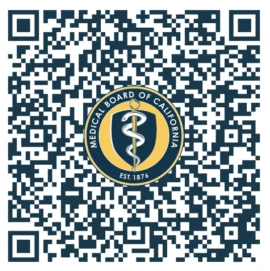Celiac disease is a condition in which the digestive system attacks gluten (a protein found in many grains) and surrounding tissues, causing inflammation and damage in the small intestine. As a consequence, sufferers may struggle to absorb nutrients and have abdominal pain and bloating.
However, a little-known symptom of celiac disease is treatment-resistant acne. If you have acne and have noticed improvements after cutting gluten from your diet, celiac disease may be behind this.
Below, we asked our experts at Digestive Disease Consultants of Orange County in Orange County, California, to explain how acne is linked to celiac disease and what can be done about it.
1. Celiac disease increases your risk for several skin issues
Dermatitis herpetiformis, the itchy bumpy rash so often associated with celiac disease, isn’t the only skin ailment celiacs can suffer from.
Studies show links between gluten intolerance and several other skin conditions, including acne, psoriasis, eczema, vitiligo, and urticaria.
2. Celiac disease increases inflammation
Inflammation is part of the immune system. When the immune cells attack gluten proteins and surrounding tissues, inflammation can spread to other parts of the body as well. This could explain why acne is one of the symptoms of celiac disease, as acne is an inflammatory skin condition.
3. Going gluten-free can help get rid of the acne
Acne caused by gluten intolerance should go away on its own after you remove gluten, the source of inflammation. Other potential sources of inflammation include excess sugar and too much omega-6 in the diet. Ideally, you’d have a 1:1 omega-6 to omega-3 ratio.
However, while eliminating gluten can help you eliminate acne, it won’t eliminate any leftover scarring or pigmentation caused by it. You may still need help from a dermatologist to improve the appearance of your skin.
Find out if your symptoms could be an indication of celiac disease
Celiac disease is not a life-threatening disease. However, if left untreated for long periods, it can cause some serious damage. Some of the complications associated with celiac disease include malnutrition, brittle bones, hair loss, headaches, and anemia.
The management of celiac disease involves avoiding all sources of gluten for life. Gluten is found in wheat, wheat derivatives, barley, rye, malt, and brewer’s yeast.
If you show signs of celiac disease, contact us to schedule an appointment. With an endoscopy, our experts can take tissue samples from your small intestine to determine whether you’re suffering from an autoimmune response in the gut.



